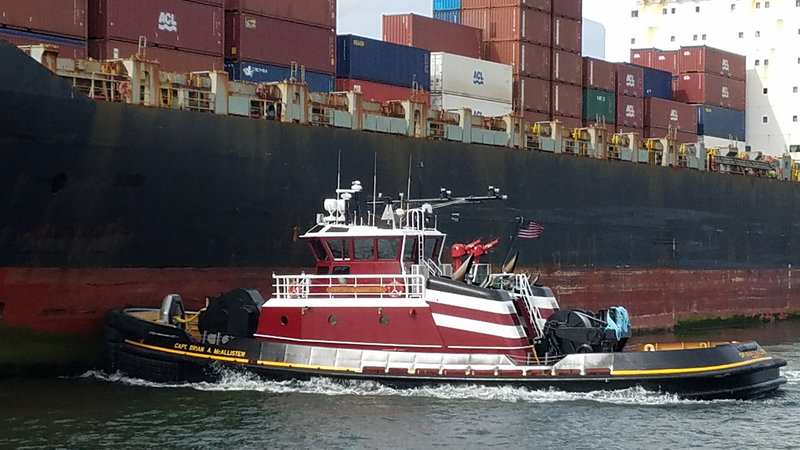So, what actually distinguishes a best practice from a good practice? Or what differentiates a best practice from just an average or mediocre one or even a bad practice?
Definitions really do matter. But formal definitions may not be universally known or universally accepted. I think it is a highly subjective and variable standard that, despite the implication that there’s a reliable and accepted gauge for it, is quite difficult to get agreement and consensus on.
We tend to do what we’re taught, or some lesser version of it, or whatever we’ve become used to doing. We do what is deemed “easiest.” Easiest is often a slippery and inaccurate term, since it reliably fails to account for the costs and associated downsides that usually go with taking the easy way out.
Does regularly looking out the windows constitute a best practice for the deck officer on watch? How about the routine use of binoculars to better ascertain the aspect of other vessels within sight?
Hardly. They’re standard operating procedures (SOP) that have existed for a long time and failure to do them constitutes negligence or worse. How about checking the settings on the radars when assuming the watch? No different. But some seem to regard it as an intolerable burden, or else they don’t think of it at all. That’s also negligence.
Using parallel index lines on the radar to improve overall situational awareness? How about running the self-testing procedure on any electronics so equipped or thoroughly checking all of the components that connect a tug with its tow before departure? All are SOP and referring to them as a best practice does a big disservice to the term.
Some people are also fond of the old standby, “If it ain’t broke don’t fix it.” In a limited sense, there is a nugget of truth in this statement.
Some people are prone to unnecessary tinkering with things and wind up making matters worse. But usually it’s just a euphemism and a handy excuse for being lazy and disinterested, and not performing routine inspections and preventative maintenance.




